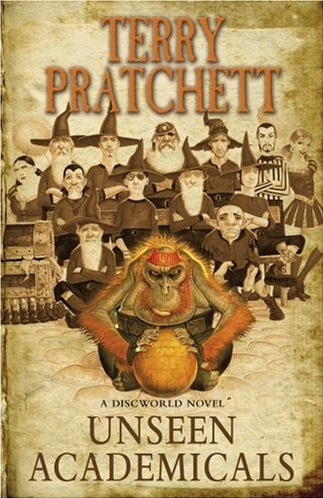The Invincible Iron Man is back. With a vengeance.
After defeating his father’s old business partner turned evil rogue, Tony Stark (Robert Downey Jr.) is now focusing his energy on preserving world peace, essentially by using his armoured suit as the individual equivalent of a nuclear deterrent. The authorities, however, led by an obnoxious senator (Garry Shandling), seem to think that this powerful weapon belongs to the American people (i.e. the US military), not to one man or his private corporation. Stark, naturally, disagrees – as it later turns out, both because of a sense of ownership and – primarily – for more personal reasons.
This is not Starks’ only concern, though. Rival weapons manufacturer Justin Hammer (Sam Rockwell) is also a growing concern for Stark Industries – and as if that wasn’t enough: While he is busy fighting both the government, the competition, and his personal issues, Stark’s past once again comes back to haunt him, this time in the form of the son of a former colleague of his father’s.
The first Iron Man movie was my favourite among the ‘new bunch’ of film versions made by Marvel and Paramount. It brought a refreshingly self-ironic approach to the superhero genre, managing to find the perfect blend of a relatively dark storyline and even darker humour. I am glad to say that the sequel also delivers and all those accounts – even more so than its predecessor.
Downey is perfect as the brilliant and brilliantly narcissistic billionaire, but the whole cast around him is what makes this movie so enjoyable: Gwyneth Paltrow as Pepper Potts, the pithy PA with more balls than most of the men in the movie put together; Mickey Rourke as Ivan Vanko, the deranged evil genius; Don Cheadle as Lt. Col. James Rhodes, long-time friend and the Jiminy Cricket to Stark’s Pinocchio. A part he took over from Terrence Howard and – no offence to Howard – adds a lot more substance to.
To me, though, the most enjoyable performance, – apart from Downey himself – was Rockwell as Justin Hammer. He manages to switch effortlessly between complete deadpan and an almost Tom Cruise-like creepy craziness, and steals every single scene he is in.
A word of praise for director Jon Favreau: Not only has he proven – twice now – that he can put together a thoroughly entertaining big budget blockbuster action flick; he also manages to deliver an enjoyable performance as Stark’s chauffeur sidekick Happy Hogan.
Not much to say about the special effects: they are as good as could be expected from a movie of this calibre and budget size – which is to say, very good.
Like two of the previous Marvel movies (Iron Man, The Incredible Hulk), this movie also has the double function of building up to the announced Avengers movie. There are two more movies to come before that – Captain America and Thor, both scheduled for release in the summer of 2011 – to complete the cast. Watch out for the nice little easter eggs in this movie (and of course for the obligatory Stan Lee cameo). Nick Fury (Samuel L. Jackson) and his organizsation S.H.I.E.L.D. also feature much more heavily in this movie than in the previous two, and we get more of the background story for the organization. Hopefully, even more is to come next year.
Finally, in both Iron Man and The Incredible Hulk, there was an extra scene inserted at the end of the credits. This is the case again with Iron Man 2. Do yourself a favour and stay in your seat those 6-7 minutes. It is definitely worth it.
Iron Man 2 (2010) Starring Robert Downey Jr., Don Cheadle, Scarlett Johansson, Gwyneth Paltrow, Sam Rockwell, Mickey Rourke, Samuel L. Jackson, Jon Favreau. Written by Justin Theroux. Directed by Jon Favreau. Rated PG-13. 2 h 04 min.



